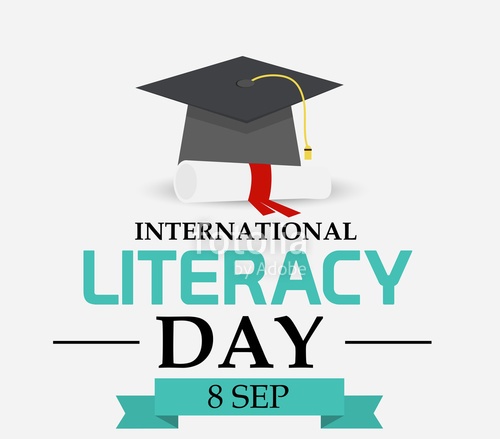Press Release
The African Centre for Media and Information Literacy (AFRICMIL) has called for mass literacy to address hate speech and ‘fake news’ as a way of promoting peaceful co-existence among the different groups in Nigeria and strengthening the unity of the country.
In a statement signed by the Coordinator of AFRICMIL, Chido Onumah, to mark the International Literacy Day, the organization noted that hate speech has over the years caused many crises around the world.
September 8 was declared International Literacy Day by UNESCO on November 17, 1965. Its aim is to highlight the importance of literacy to individuals, communities and societies. Celebrations take place in several countries.
The theme for 2017 as announced by UNESCO is `Literacy in a digital world’.
Some 775 million adults lack minimum literacy skills; one in five adults are still not literate and two-thirds of them are women; 60.7 million children are out-of-school and many more attend irregularly or drop out.
According to UNESCO’s “Global Monitoring Report on Education for All (2006)”, South and West Asia has the lowest regional adult literacy rate (58.6%), followed by sub-Saharan Africa (59.7%), and the Arab States (62.7%). Countries with the lowest literacy rates in the world are Burkina Faso (12.8%), Niger (14.4%) and Mali (19%). The report shows a clear connection between illiteracy and countries in severe poverty, and between illiteracy and prejudice against women.
AFRICMIL noted the benefits of mass literacy in a fast-changing digital world and encouraged governments and individuals to take advantage of the potentials of the digital age to create awareness about hate speech and ‘fake news’.
The organization observed that even as the dividend of democracy made way for freedom of speech, it was never imagined that freedom of speech would translate to freedom to create hate and hurt. It regretted that the digital age had also helped to grow the monsters called hate speech and ‘fake news’, thus causing so much rage and fanning embers of war.
It urged governments to put in place measure to encourage mass literacy to counter the negative side of the digital age, adding that this was better than making stringent laws that might interfere with democratic practices.
